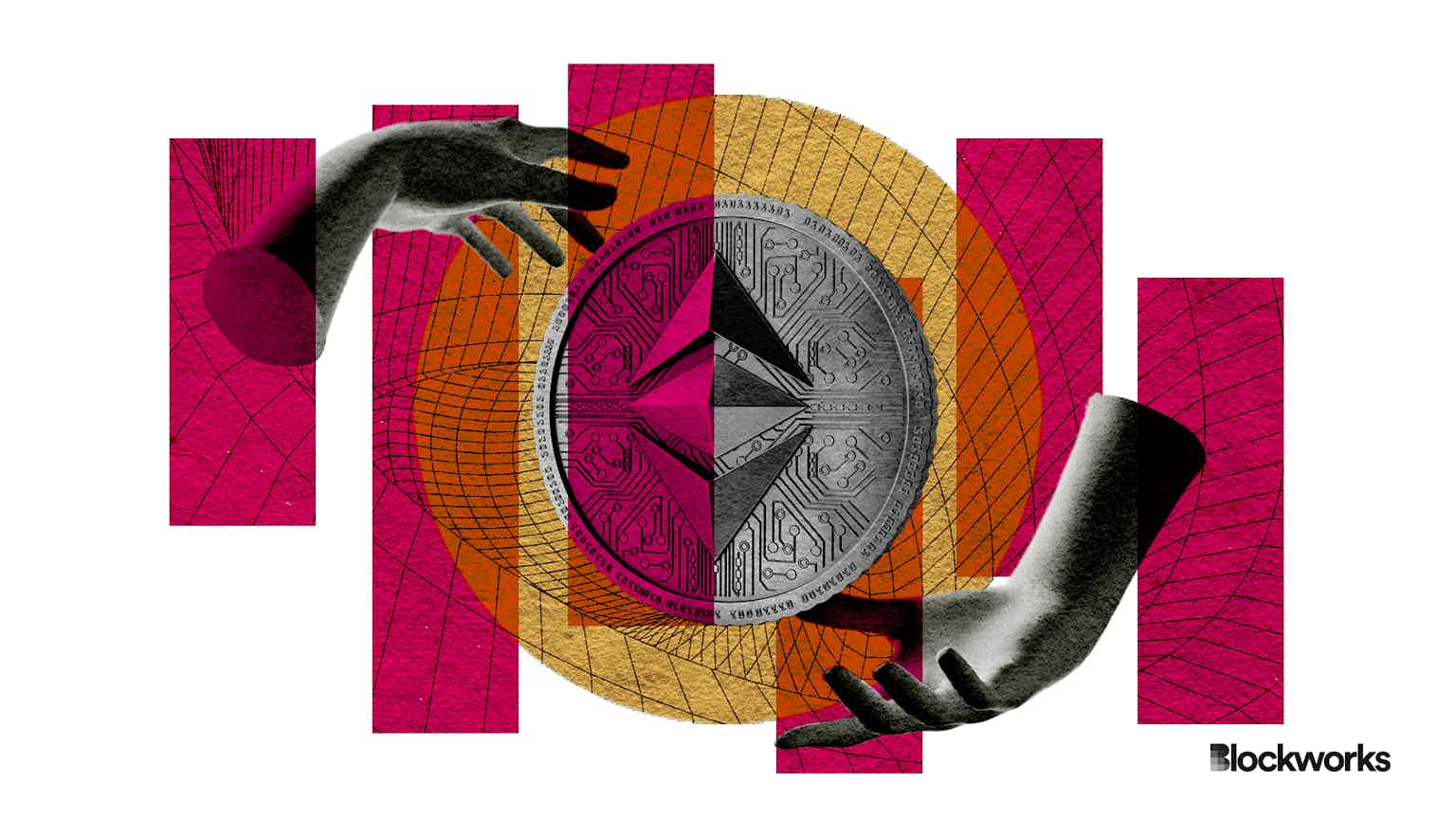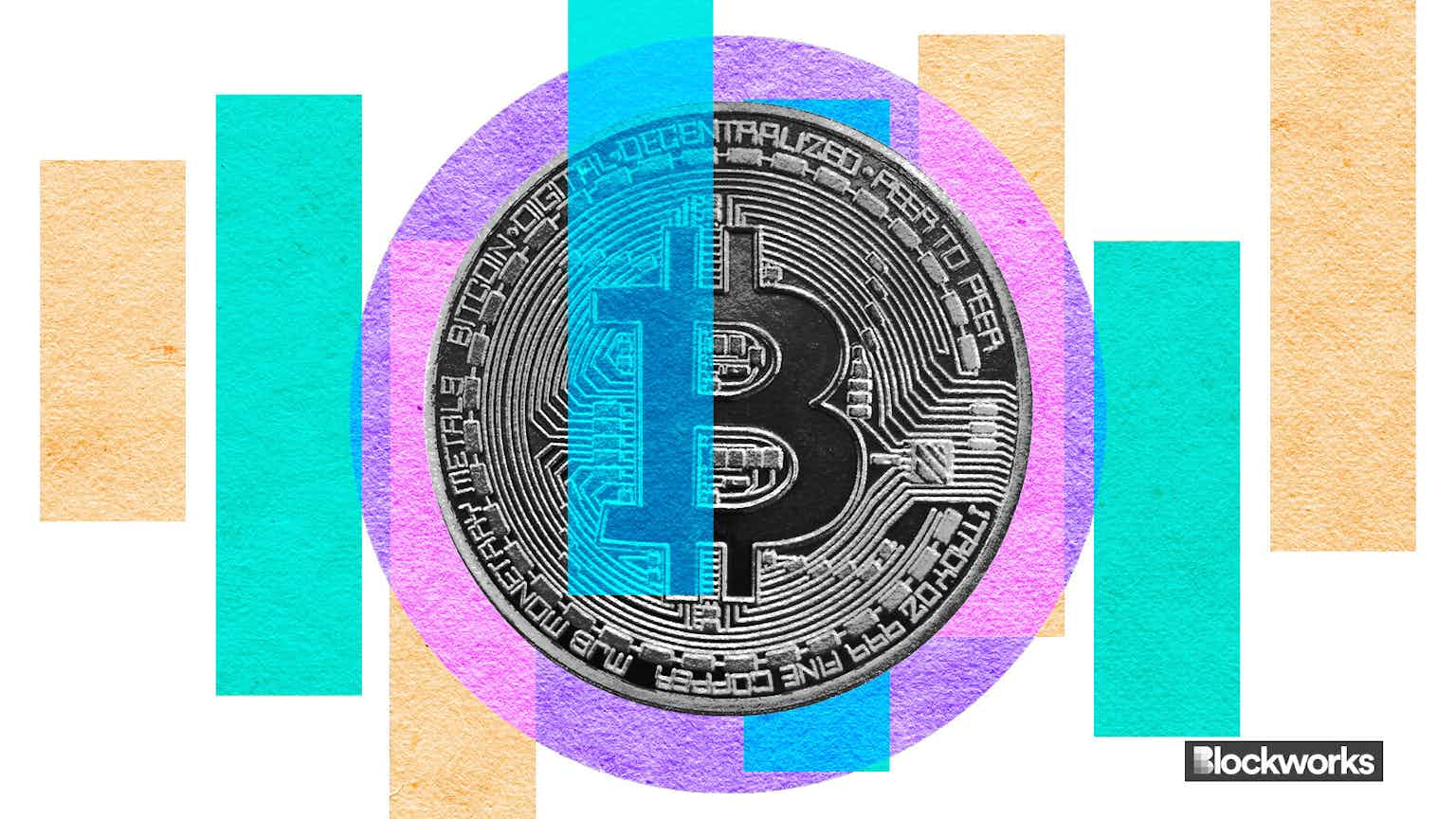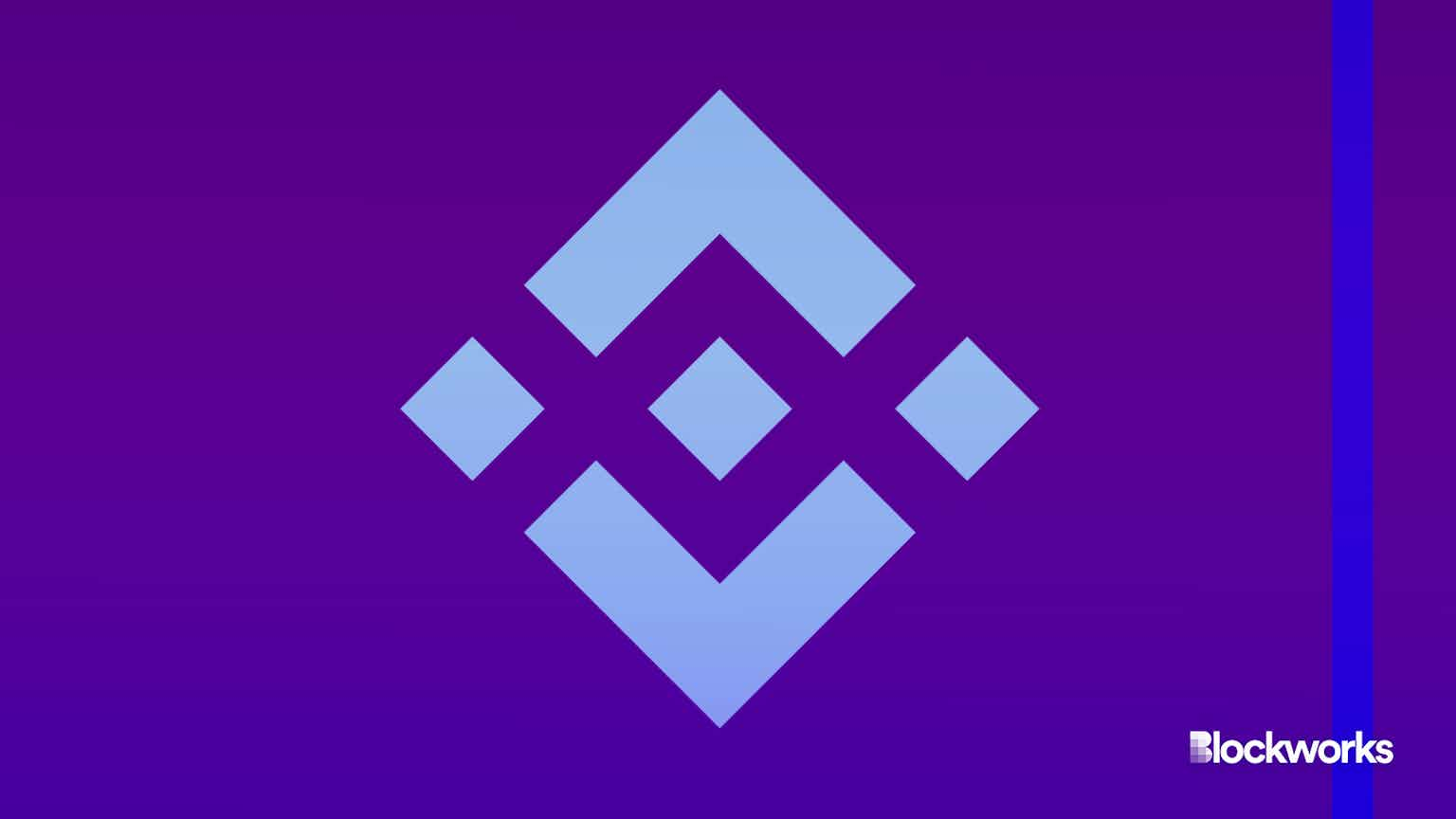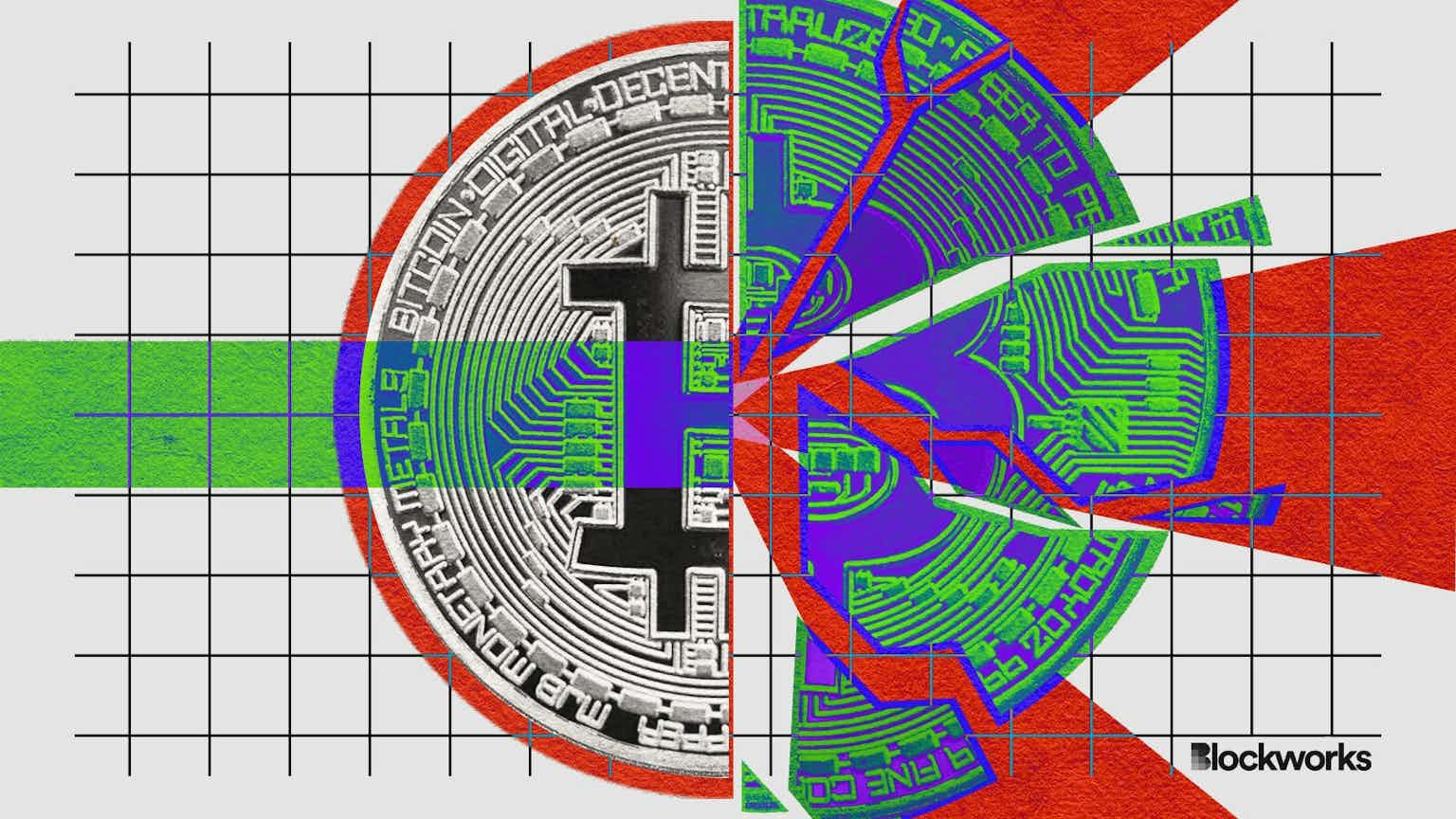Can New Launches from Aave and Sushi Usher in DeFi’s Comeback?
Sushi rolls out long-awaited Trident framework on Polygon, while Aave’s V3 brings money markets cross-chain

Blockworks exclusive art by axel rangel
key takeaways
- Sushi has fallen out of the top 10 decentralized exchanges by volume, according to Coingecko
- Aave’s total value locked peaked at nearly $20 billion in October 2021
As DeFi projects have lost their luster and trading volumes have tanked, two new blue-chip protocols are trying to once again catch the eye of big-money investors.
A new product from the DAO team at Sushi has launched its beta on the Polygon proof-of-stake blockchain. A new set of money Legos for the DeFi space, the project, dubbed Trident, is being billed as a “production framework for building and deploying AMMs.”
Aave V3, meanwhile, has launched on six different chains, enabling cross-chain transactions, among a host of new features.
The two protocols, well-regarded DeFi (decentralized finance) projects that originated from 2020’s “DeFi summer,” have a combined total value locked of around $16 billion — even though their DAO (decentralized autonomous organization) governance tokens have tanked.
SUSHI is down around 88% from its March 2021 peak of $23.05, while AAVE has fallen 76% since a May 2021 peak of $631.26, per Coingecko.
As the hype around so-called DeFi 2.0 upstart projects such as OlympusDAO and Wonderland has faded in recent months, the product launches may signal a shift back to industry stalwarts.
A refreshed Sushi
The community of developers and Sushi adherents have been through a rough patch since a management shakeup last year, which saw Sushi’s co-founder depart in September and its chief technology officer resign in December.
That inevitably led to delays in the progress toward Trident, but the DAO team announced the beta version rollout in the group’s blog Wednesday.
This system can be used for “creating any [automated market-maker] anyone would ever need,” according to the blog. Unlike the prior version, Trident allows anyone to create a liquidity pool, much like Uniswap does. Unlike Uniswap, the pools can have an imbalance of tokens rather than a 50-50 split — a feature of another rival decentralized exchange, Balancer.
The full feature set is expected to be made available following the completion of security audits, and Trident will also eventually be pushed out to other chains, such as Ethereum’s mainnet.
Aave adds more Ethereum-compatible chains
Aave unveiled its third-generation app this week. Aave’s DAO community approved deployments on Polygon, plus Ethereum layer-2s Arbitrum, Optimism, and other layer-1 networks compatible with the Ethereum virtual machine — Fantom, Avalanche and Harmony. Deployment to Ethereum’s mainnet is still in the works.
Among the goals of V3 are “greater capital efficiencies, increased security, and cross-chain functionality,” according to the announcement.
“This is a huge milestone for one of the most popular liquidity protocols in DeFi and furthers our mission to bring DeFi to the next hundreds of millions of people,” Polygon co-founder Sandeep Nailwal said in a statement.
A standout is the “Portals” feature, which allows DAO-approved bridging protocols to facilitate cross-chain transactions, so that assets within Aave can readily flow between disparate blockchains without a DeFi user having to withdraw, bridge and redeposit assets in separate transactions.
“The cross-chain portal will enable users to port their own liquidity from one network to another, at their discretion. It will allow each iteration of the protocol on the various networks to scale quite quickly with the depth of capitalization,” Nicolo Stewen, Aave’s Director of Strategy, told Blockworks.
The app’s “High Efficiency Mode” allows borrowers to obtain greater buying power when using similar assets, such as stablecoins, as collateral.
“Isolation Mode” addresses one of the culprits behind many high-value exploits — most recently the $11 million loss on Agave, an Aave fork on the Gnosis Ethereum sidechain — having to do with the listing of new collateral assets that prove to be unsafe. By walling off certain categories of assets, V3 limits risk.
On the security front, Aave’s V3 code has been audited by multiple firms, such as Sigma Prime, Trail of Bits, Open Zeppelin, ABDK and PeckShield, and has undergone verification by Certora.
Its open-source code is released under a business license similar to that of Uniswap V3.
As with the predominant V2, Aave V3 will integrate with popular DeFi apps and dashboards, including 1Inch, Debank, DeFisaver, Instadapp, Paraswap, Zapper and Zerion.
“Incredibly excited for what this means for the future of the Aave Protocol and the Aave Community as a whole, both in terms of its scalability and its flexibility as the space continues to evolve,” Stewen said.
This story was updated on March 21 at 3:15 a.m. ET with comments from Nicolo Stewen
Don’t miss the next big story – join our free daily newsletter.





